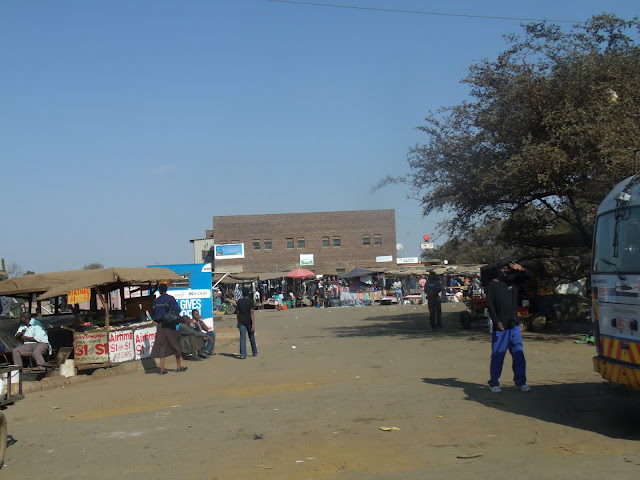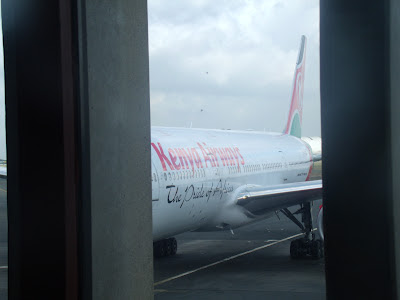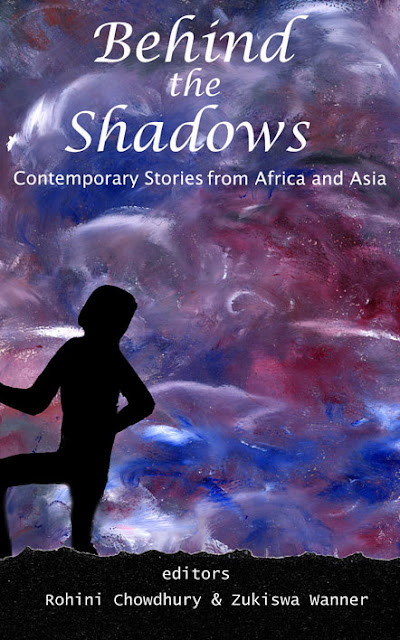H-Metro, Pick Pockets,and Photo Fans

Business as usual at the Gulf in Harare. This place confused me at first; my sister took me to this place. We were looking for a mobile phone. I wasn't surprised by the crowds or the merchandise. But being at the gulf can be overwhelming; it was. In Zimbabwe, I took thousands of photos, some selective, others random, a lot clear, a few fuzzy. I was having fun with my point-and-click GE digital camera. I have always liked to carry a camera around, have always been a photographer in the making; and I remember in the 90s when I was a temporary teacher in Glen View, how I supplemented my income with photography, or back home in Mazvihwa, where people would see my camera and say, "Do you take?" and when I said, "Yes, I take", they would say, "Take me with my daughter." And I would take and take, take mothers and daughters, take fathers and sons, sisters and sisters; also, lots of solo shoots. It was fun, even though I had a cheap 35 mm camera wit...




